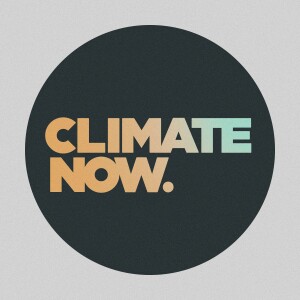
In the late 1970’s, English chemist Dr. James Lovelock and American biologist Dr. Lynn Margulis published a research paper hypothesizing that living organisms – without intention or agency – could have a regulatory effect on their environment that helped ensure their continued habitability. While the Gaia hypothesis they originated has remained controversial for the last four decades, it has provided a provocative explanation for why the Earth remained more or less clement over its ~4 billion year history, even though the sun that warms it has grown about 30% brighter over that time span. Of course, there have been notable catastrophic exceptions to Earth’s habitable stability – in the form of cataclysmic Snowball Earth events that froze the entire planet at least twice in its first 3.5 billion years of existence.
In our latest episode, Probable Futures founder Spencer Glendon explores another application of the Gaia Hypothesis, as it applies to human civilizations. In a December 2023 newsletter, Mr. Glendon examines how for much of the last 12,000 years, humans have been agents in shaping the stable global climate from which we are a beneficiary, through the expansion of agriculture and its related deforestation. By releasing CO2 at rates that balanced the cooling effects of various planetary orbital shifts, humans helped avoid the planet plunging into another Ice Age. But, much like the Snowball Earth events of the Precambrian Era, the advent and acceleration of fossil fuel combustion then shifted people’s relationship with climate from stabilizing to potentially catastrophic. The difference between the ancient and modern examples is that now – with awareness of the problem – humans can impact their environment with intention and agency. Join us as we examine how past climate stability has shaped much of humanity’s world view, and how that might impact our approach in responding to climate change now.
Follow us on Twitter, LinkedIn, Facebook, and Instagram.
Contact us at contact@climatenow.com
Visit our website for all of our content and sources for each episode.
More Episodes
 2024-04-30
2024-04-30
 2024-03-26
2024-03-26
 2024-03-21
2024-03-21
 2024-02-27
2024-02-27
 2024-02-20
2024-02-20
 2024-01-16
2024-01-16
Create your
podcast in
minutes
- Full-featured podcast site
- Unlimited storage and bandwidth
- Comprehensive podcast stats
- Distribute to Apple Podcasts, Spotify, and more
- Make money with your podcast
It is Free
- Privacy Policy
- Cookie Policy
- Terms of Use
- Consent Preferences
- Copyright © 2015-2024 Podbean.com





